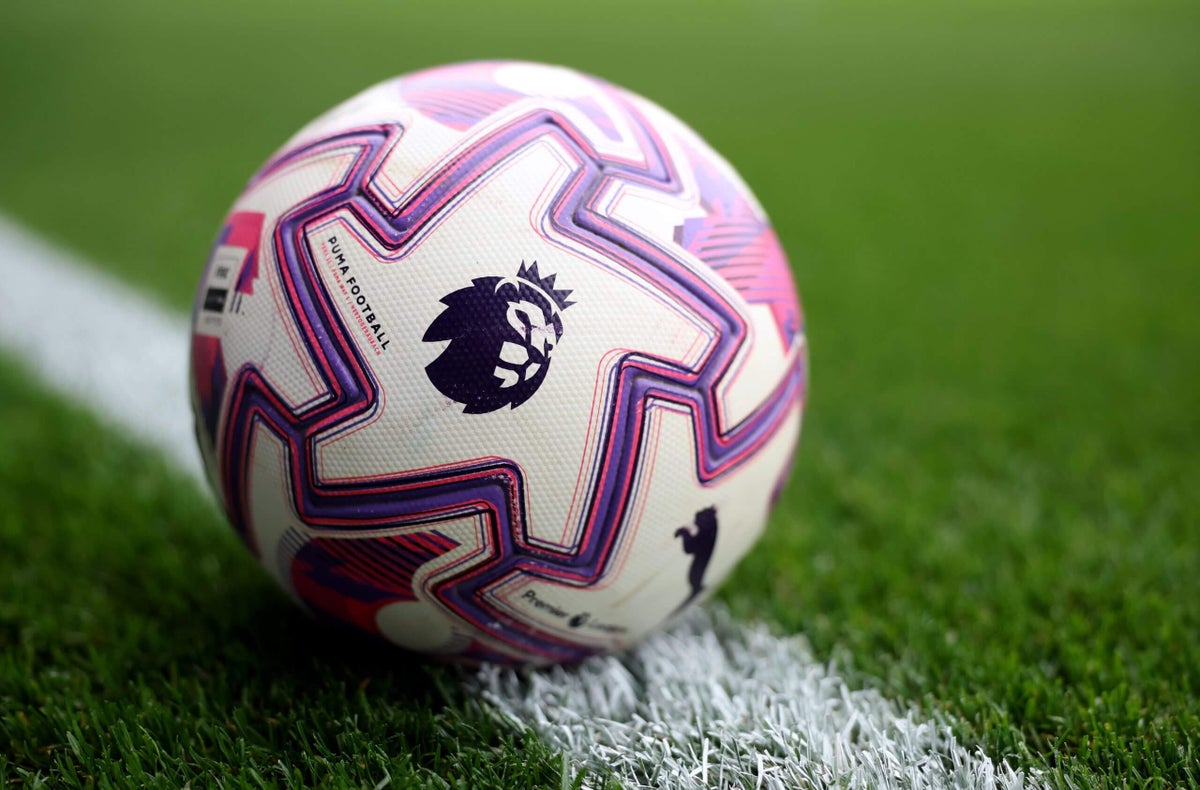
Julian Finney/Getty Images
David Kogan, the chair of the Independent Football Regulator (IFR), believes the English game needs external oversight because of the “extreme challenges” it faces and its failure to find solutions to those issues.
Speaking to The Athletic FC podcast, Kogan explained that critics of the newly-created regulator who question why a business as successful as the Premier League needs supervision are forgetting that all is not well further down the pyramid.
Advertisement
But the media-rights expert, who has advised the English Football League and Premier League on their broadcast deals, also believes the men’s professional game has no reason to fear the IFR, as he is solely focused on making it more fan-friendly, resilient and sustainable.
“I am responsible for billions of pounds of revenue that have flowed into English football,” he said.
“So, I’m absolutely committed to a growth strategy, not just for the Premier League but also for the EFL and the National League.
“But nobody can pretend that despite the great successes of English football…that the pyramid – and this isn’t just about the Premier League, it’s about 116 clubs – (does not) face extreme challenges.
“And we can see this not only from clubs that have gone bust or have had bad owners. The biggest problem is that there’s never been an early warning system for when clubs are going to get into trouble.
“One of the key parts of our remit is we’re going to have a licensing regime…where we will know by working with every one of those individual clubs what their business plans are, what their owners’ commitments are and the rest of it.
“We will have amber lights flashing that will tell us – long before the year (it takes) the EFL and Premier League – whether clubs are getting into problems. And then we can work with those clubs. Our remit is the stability of the pyramid and the individual clubs.”
The 68-year-old, who was announced as the government’s preferred candidate to head the IFR in May but was only confirmed in the role last month, said he has spent the last six months building his team, launching consultation processes, establishing the body’s independence and meeting clubs.
In regards to the latter, he held a conference in Manchester in October that was attended by representatives of all 116 clubs in English football’s top five divisions, has personally met senior staff from all EFL and Premier League clubs and has ordered his staff to visit at least three clubs each.
Advertisement
The IFR will now focus on preparing its “state of the game” report – what Kogan calls “the most detailed report ever written” on English football’s finances – with a view to publication in the second half of next year.
Some in the game, particularly in the EFL, believe this research will make the case for what they hope is a fairer redistribution of the game’s overall wealth.
At present, the Premier League shares about 16 per cent of its central revenues with the rest of the game, although almost half of that goes to half a dozen or so recently-relegated clubs in parachute payments. EFL chair Rick Parry has spent the last few years campaigning for a 25-per-cent cut of the leagues’ combined central revenues, and greatly reduced parachute payments.
Kogan is too smart to be drawn into that row just yet, as he wants to gather all the evidence first, but he has made it clear he is not on anyone’s side and would prefer it if the leagues could come to a redistribution deal themselves, without triggering the so-called “backstop” that would force the IFR to intervene.
“I have zero desire to do that,” he said.
Asked why the leagues have not been able to strike a new deal yet, he said recent failures to agree have created an “atmosphere…between the leagues that is less conducive to finding solutions than it might have been”.
He also believes the Premier League is a different organisation to the one he started helping in 1999, as the original generation of owners, “the creators of the league”, have been replaced by new owners, mostly from overseas, who want the league to continue to succeed but perhaps not in such a collegiate fashion.
“In one sense, they’re responsible for our creation, more than government,” he said.
“You know, their failure to agree is what’s triggered all of this, as well as the fan engagement issue over the European Super League.”
Advertisement
That is a reference to the breakaway competition that was announced by 12 of Europe’s top clubs, including six from the Premier League, but then collapsed within 72 hours in April 2021. The resulting political storm, coupled with the recent expulsion of cash-strapped Bury and fears of widespread bankruptcies caused by Covid, set the former UK government on the path to creating the regulator.
For more on the genesis of the regulator, the recent controversy surrounding appointment and what the IFR will and will not be looking at, you can listen to our interview with Kogan via the app or wherever you get your podcasts, including our YouTube channel.
Spot the pattern. Connect the terms
Find the hidden link between sports terms
Play today's puzzle
Based in North West England, Matt Slater is a senior football news reporter for The Athletic UK. Before that, he spent 16 years with the BBC and then three years as chief sports reporter for the UK/Ireland’s main news agency, PA. Follow Matt on Twitter @mjshrimper
